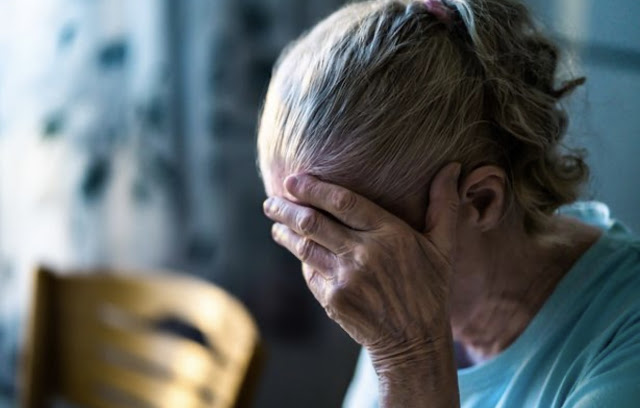New: Tlaib responds to her critics regarding her stance on violence in Israel and Gaza
New: Tlaib responds to her critics regarding her stance on violence in Israel and Gaza
In the tumultuous aftermath of a conflict that shook the very foundation of Israel and Gaza, U.S. Rep. Rashida Tlaib, a prominent figure in American politics, found herself at the heart of a fierce debate. Her stance on the violence that unfolded in the region prompted a wave of criticism, with lawmakers from both sides of the aisle weighing in on her comments. This article delves into her response to these critics and attempts to unravel the complexities of her position.
Tlaib's Initial Statement
U.S. Rep. Rashida Tlaib, a daughter of Palestinian immigrants, made her first statement about the escalating violence 72 hours after the initial outbreak. Her reputation as a vocal critic of Israel had already cast a shadow over her response. Many Republican and Democratic lawmakers found fault with her for not explicitly condemning Hamas, an Islamic militant group responsible for launching surprise attacks against Israel, including acts of violence that sent shockwaves throughout the region.
This sudden escalation of violence marked the deadliest day for Israel in half a century, echoing the dark memories of the Yom Kippur War. As the death toll soared past 1,200 people, including 22 Americans, the world watched in horror.
Tlaib's Rebuttal
In her response, Tlaib was resolute. "I do not support the targeting and killing of civilians, whether in Israel or Palestine," she asserted. She expressed her deep offense at the suggestions that implied otherwise, perceiving them as rooted in bigoted assumptions about her faith and ethnicity.
Her initial statement on Sunday expressed grief over the loss of "Palestinian and Israeli lives." However, she did not mention Hamas in her remarks. Instead, she called for an end to the occupation and the dismantling of what she referred to as an apartheid system.
Tlaib's Vision for Peace
"I grieve the Palestinian and Israeli lives lost yesterday, today, and every day," Tlaib said. "I am determined as ever to fight for a just future where everyone can live in peace, without fear and with true freedom, equal rights, and human dignity. The path to that future must include lifting the blockade, ending the occupation and dismantling the apartheid system that creates the suffocating, dehumanizing conditions that can lead to resistance."
She underscored the importance of recognizing the violent reality faced by those living under siege, occupation, and apartheid. Tlaib emphasized that ignoring this reality would not make anyone safer. Her words conveyed a profound concern for the well-being of every individual, especially the children living in constant fear of violence. She also drew attention to the financial support provided by the United States to the Israeli government, which she believed perpetuated this cycle of violence.
The Response from Fellow Lawmakers
State Sen. Jeremy Moss (D-Southfield) took to Twitter soon after Tlaib's response to criticize her stance. He referred to the events as a "shocking act of terrorism" and stressed that Hamas violence was a primary cause of instability in the region.
State Senate Minority Leader Aric Nesbitt (R-Lawton) also took to Twitter to voice his disapproval. He called Tlaib's refusal to condemn the terrorist acts of Hamas "unconscionable" and stated that she was unfit to serve in the U.S. House of Representatives, demanding her immediate resignation.
International Response
In a phone call with Israel Prime Minister Netanyahu, President Joe Biden pledged additional U.S. support for the Israeli Defense Forces in the coming days. President Biden strongly condemned terrorism and affirmed that there was no justification or excuse for such acts. He highlighted that Hamas did not stand for the Palestinian people's right to dignity and self-determination but instead advocated for the annihilation of Israel and the murder of Jewish people.
The unfolding events in Israel and Gaza have exposed deep-seated divisions and raised profound questions about the path to lasting peace in the region. U.S. Rep. Rashida Tlaib's response to these events reflects her strong convictions and her vision for a peaceful future. However, it has ignited a passionate debate about her stance.






